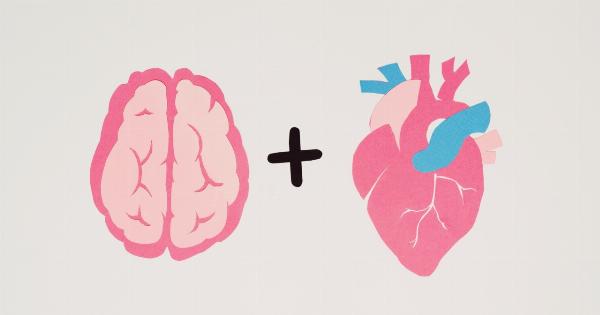Heart rhythm disorders, also known as arrhythmias, are a common cardiovascular condition affecting millions of people worldwide.
These conditions occur when the electrical impulses that coordinate the heartbeats are disrupted, causing the heart to beat too quickly, too slowly, or irregularly. Arrhythmias can have severe consequences, including heart failure, stroke, and even sudden cardiac arrest.
Understanding Heart Rhythm Disorders
Heart rhythm disorders can be categorized into various types, including:.
- Atrial Fibrillation (AFib)
- Ventricular Tachycardia (VT)
- Supraventricular Tachycardia (SVT)
- Bradycardia
- Atrial Flutter
- Heart Block
Challenges and Treatment Options
Managing heart rhythm disorders can be challenging due to the potential risks associated with each type of arrhythmia. The goal of treatment is to control the heart rate, restore normal rhythm, and prevent complications.
Current Treatment Approaches
1. Medications: Antiarrhythmic drugs are commonly prescribed to control heart rhythm disorders. These drugs work by either slowing down the heart rate or regulating electrical impulses.
However, they may have side effects and may not be effective for all patients.
2. Electrical Cardioversion: This procedure involves delivering an electric shock to the heart through paddles or patches on the chest. The shock interrupts the abnormal electrical activity and allows the heart to resume a normal rhythm.
3. Catheter Ablation: This intervention is performed by threading a catheter with an electrode through blood vessels to the heart. The electrode delivers radiofrequency energy to destroy abnormal tissue causing the arrhythmia.
Promising Advances: Heart Rhythm Improvement Drug
In recent years, medical researchers have been exploring the development of innovative drugs specifically designed to improve heart rhythm disorders.
These drugs target the underlying mechanisms that contribute to arrhythmias, ultimately providing more effective treatment options with fewer side effects.
1. Sodium Channel Blockers
Sodium channel blockers are a class of drugs that slow the electrical signals in the heart, reducing the risk of abnormal rhythm. They work by blocking the sodium channels responsible for the rapid rise of electrical impulses during each heartbeat.
These drugs are particularly effective in treating atrial arrhythmias, such as atrial fibrillation.
2. Potassium Channel Blockers
Potassium channel blockers are another type of drugs that extend the time it takes for the heart to repolarize after each beat.
By blocking specific potassium channels, these drugs help restore the balance of ions involved in the heart’s electrical activity. They are commonly used to manage ventricular arrhythmias.
3. Calcium Channel Blockers
Calcium channel blockers are medications that inhibit the movement of calcium ions into the heart cells. By doing so, they decrease the electrical conduction within the heart, leading to a slower heart rate and improved rhythm.
These drugs are often prescribed for atrial arrhythmias, such as atrial flutter.
4. Beta-Blockers
Beta-blockers are commonly used medications that block the effects of adrenaline on the heart. By doing so, they reduce the heart rate, myocardial contractility, and electrical conduction.
Beta-blockers are effective in managing various types of arrhythmias, including atrial fibrillation, ventricular tachycardia, and supraventricular tachycardia.
5. Antiarrhythmic Peptides
Researchers have also been investigating novel peptide-based drugs for treating heart rhythm disorders. These peptides have demonstrated the ability to stabilize cardiac electrical activity, restore normal rhythm, and reduce the risk of arrhythmias.
They show promising results in preclinical studies and could be a potential breakthrough in arrhythmia treatment.
Conclusion
Heart rhythm disorders are a significant health concern globally, and the development of innovative drugs specifically targeting these arrhythmias provides hope for improved treatment options.
Sodium channel blockers, potassium channel blockers, calcium channel blockers, beta-blockers, and antiarrhythmic peptides all hold promise in restoring normal cardiac rhythm and reducing the risks associated with arrhythmias. With ongoing research and advancements, patients suffering from heart rhythm disorders can look forward to a brighter future with more effective and safer treatment options.





























